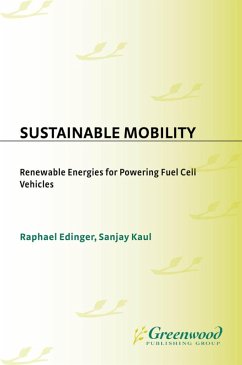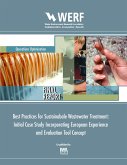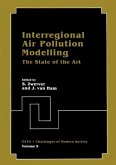With energy consumption rising and with it our dependence on crude oil from politically uncertain regions, and faced with the threat to the environment from polluting emissions, it is becoming ever more evident that fuels from renewable resources are an increasingly attractive option to fossil fuels. Edinger and Kaul, like a growing number of other experts, hold the mobility of populations-transportation, in other words-responsposible for the rise in the rate of greenhouse gas emissions, a condition that can only get worse as less developed regions of the world emerge with their own needs and demands for mobility. What to do? Edinger and Kaul outline in sharp detail the shortcomings of current vehicular technologies and dominant fossil fuels. They present a careful, authoritative examination of innovative technologies that in their opinion have the best chance of combating dangerous reliance on conventional means of power, not only for transportation but other purposes as well. And they focus on special forms of fuel cell drive systems, with their high efficiencies and reduced consumptions, and on other emerging renewable technologies and their innovative, sustainable power sources-such as fuels from biomass and renewable electricity, a particularly promising source of energy for newly growing economies. Wide ranging in coverage, forthright in style, the book is an important review of how things are today, why they could get worse, but perhaps most importantly, what we can do about it.
Bitte wählen Sie Ihr Anliegen aus.
Rechnungen
Retourenschein anfordern
Bestellstatus
Storno









